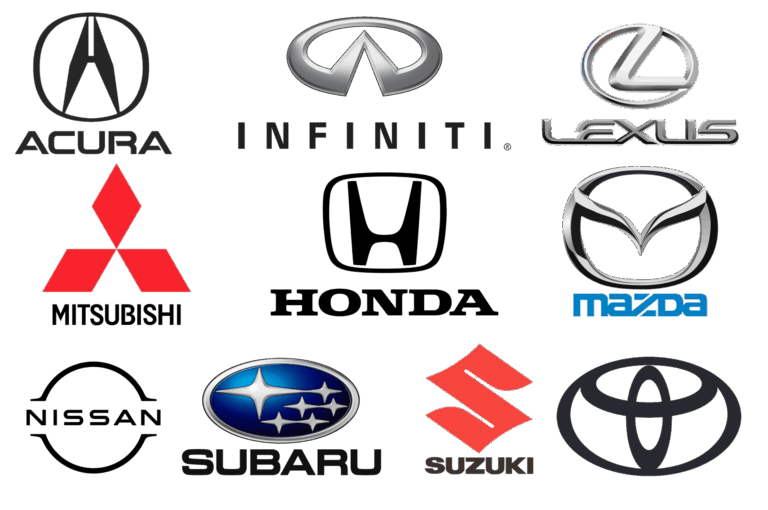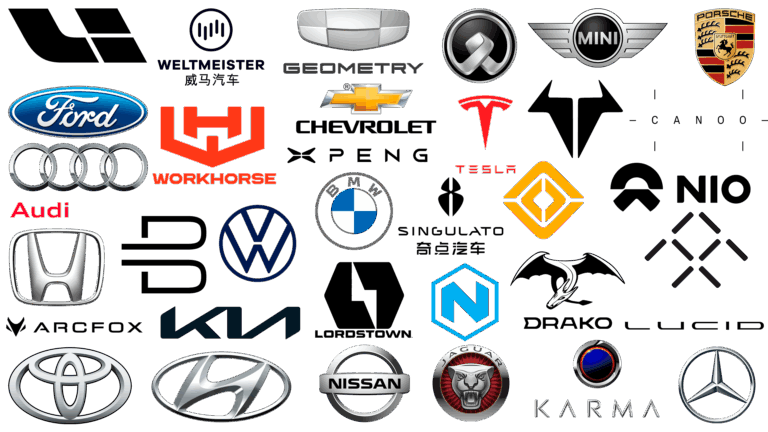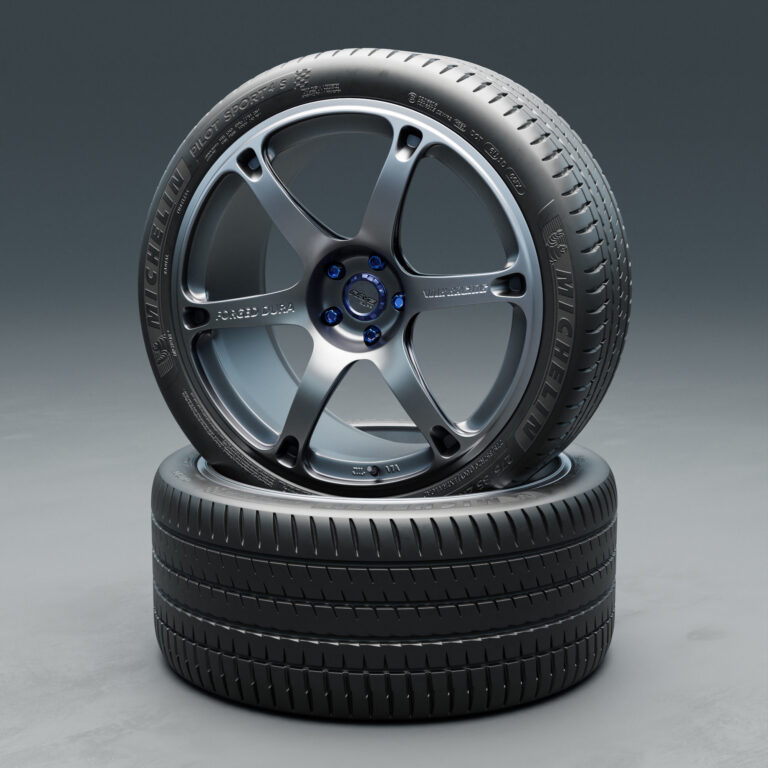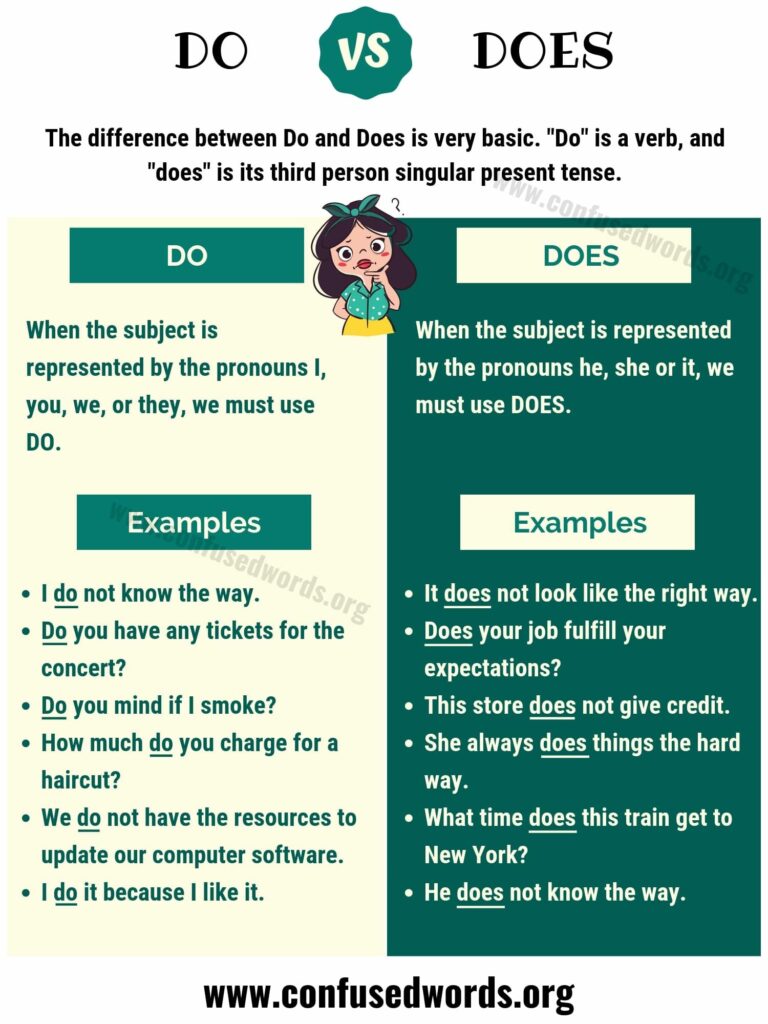French Luxury Car Brands: A Comprehensive Guide to Elegance, Innovation, and Performance
French Luxury Car Brands: A Comprehensive Guide to Elegance, Innovation, and Performance cars.truckstrend.com
French luxury cars have long held a unique position in the automotive world, distinct from their German, Italian, or British counterparts. They embody a singular blend of avant-garde design, unparalleled ride comfort, technological innovation, and an artistic flair that reflects France’s rich cultural heritage. More than mere transportation, these vehicles are statements of individuality, embodying a philosophy where the journey is as important as the destination, and where aesthetics and well-being are paramount.
This comprehensive guide delves into the world of French luxury car brands, exploring their defining characteristics, their storied histories, their current offerings, and their vision for the future. Whether you’re an automotive enthusiast, a prospective buyer, or simply curious about the unique allure of Gallic automotive excellence, prepare to discover a segment where luxury is redefined with a distinct French accent.
French Luxury Car Brands: A Comprehensive Guide to Elegance, Innovation, and Performance
The Enduring Allure of French Automotive Luxury
What sets French luxury cars apart? It’s a question that often arises when comparing them to the precision engineering of Germany or the passionate performance of Italy. The answer lies in a philosophy deeply rooted in the French concept of "art de vivre" – the art of living.
Historically, French manufacturers like Delage, Delahaye, and Bugatti (in its original iteration) were celebrated for their exquisite coachwork, sophisticated engineering, and remarkable comfort. While the industry saw a shift towards more utilitarian vehicles post-WWII, the spirit of luxury never truly faded. Today, this unique allure manifests in several key areas:
- Design Flair and Avant-Garde Aesthetics: French luxury cars often push boundaries with their unconventional yet elegant designs. They embrace asymmetry, unique lighting signatures, and bold lines, eschewing conservative norms for a more artistic and expressive approach. This isn’t just about looking good; it’s about making a statement and reflecting a personality.
- Unrivaled Ride Comfort: Historically synonymous with features like hydropneumatic suspension (pioneered by Citroën), French cars prioritize a supremely smooth and serene ride. Modern iterations continue this tradition, employing advanced damping systems, acoustic insulation, and meticulously designed interiors to create a tranquil sanctuary on wheels.
- Technological Innovation: From early aerodynamic studies to modern connectivity and advanced driver-assistance systems, French brands have consistently integrated cutting-edge technology. However, this technology is often presented intuitively and seamlessly, enhancing the user experience rather than overwhelming it.
- Interior Craftsmanship and Well-being: The cabin of a French luxury car is not just a space; it’s an experience. High-quality materials like full-grain leather, Alcantara, and genuine wood or metal accents are meticulously combined. Ergonomics are carefully considered, and details like unique stitching patterns, ambient lighting, and even subtle fragrances contribute to a holistic sense of well-being and refinement.
- Distinctive Driving Dynamics: While performance is important, French luxury cars often prioritize agility, responsive steering, and a balanced chassis over raw, unbridled power (with the notable exception of Bugatti). The focus is on a harmonious driving experience that is engaging yet effortlessly comfortable.
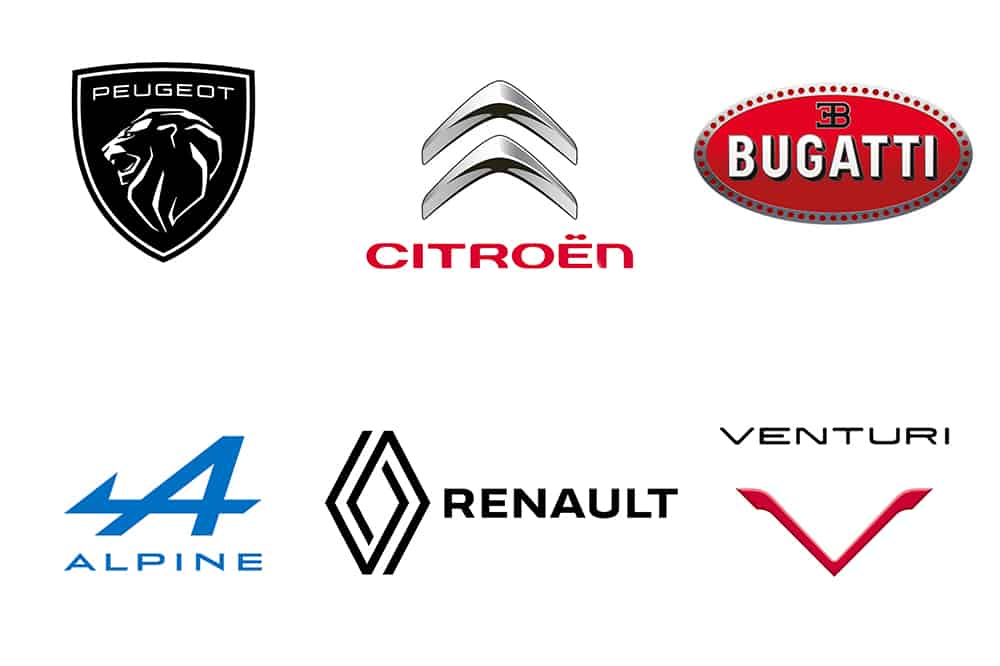
This combination of artistic design, comfort-focused engineering, and intelligent technology creates a luxury experience that is both sophisticated and uniquely French, appealing to those who seek something beyond the conventional.
Key Players in French Automotive Luxury
While the landscape of French luxury car brands has evolved significantly over the decades, a few prominent names stand out, each offering a distinct interpretation of high-end automotive excellence.
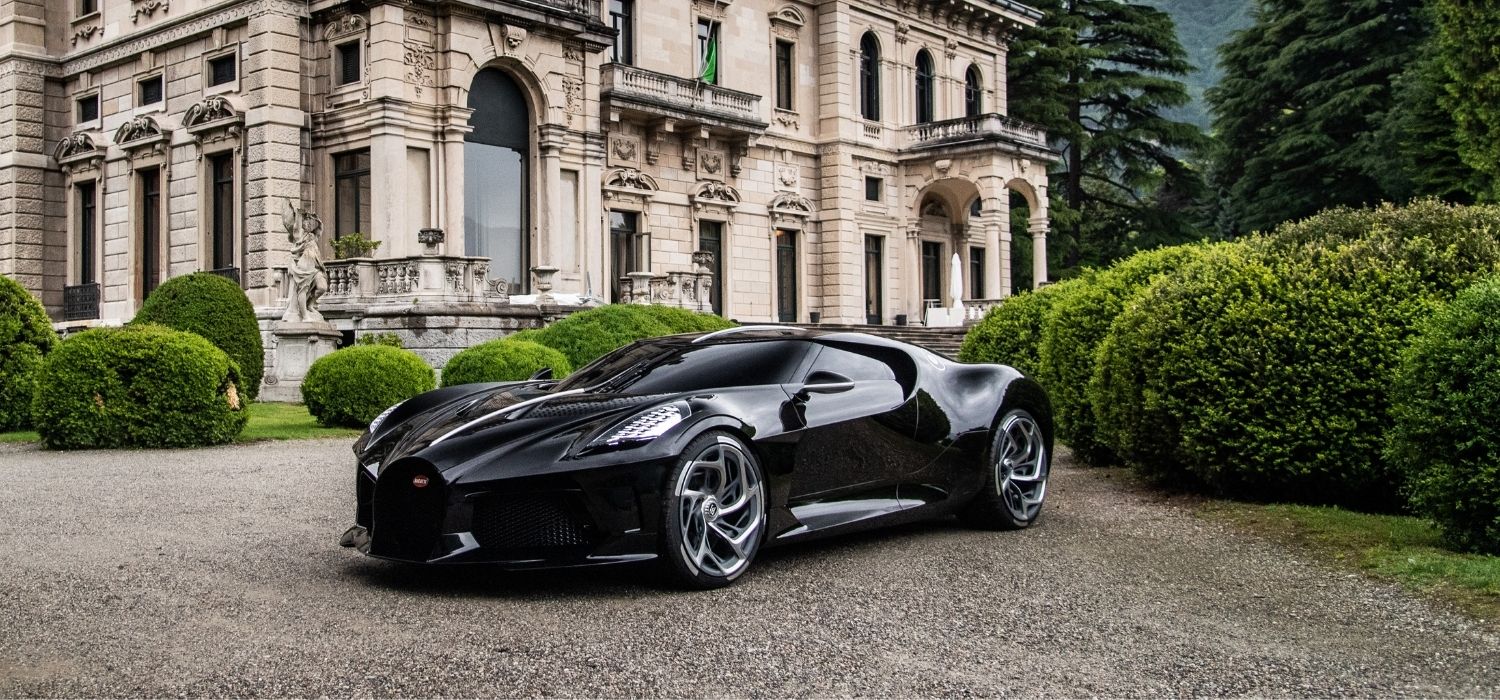
DS Automobiles: The Revival of French Haute Couture on Wheels
Born from Citroën’s iconic DS line, DS Automobiles was officially launched as a standalone luxury brand by Groupe PSA (now Stellantis) in 2014. Its mission: to revive the spirit of French automotive luxury, combining avant-garde design with advanced technology and meticulous craftsmanship. DS cars are designed to evoke the elegance and innovation of Parisian haute couture.
- Philosophy: DS Automobiles prides itself on its "Spirit of Avant-Garde," focusing on unique design, exceptional comfort, refined materials, and innovative technology. Each model is crafted with an obsessive attention to detail, aiming to create an immersive and luxurious experience.
- Design Language: Characterized by bold, sculptural lines, intricate light signatures (like the DS MATRIX LED VISION headlights), and unique interior themes inspired by watchmaking and fashion. The "Clous de Paris" guilloché pattern is a recurring motif, adding a touch of classic French elegance.
- Key Models:
- DS 7: A sophisticated compact SUV, known for its plush ride, luxurious interior, and striking exterior design. Available with various powertrains, including efficient plug-in hybrids (E-Tense).
- DS 4: A premium compact hatchback/crossover blend, offering a bold design, advanced technology (like DS Smart Touch and extended head-up display), and a choice of petrol, diesel, or plug-in hybrid engines.
- DS 9: The flagship luxury sedan, designed to compete with executive saloons. It boasts expansive interior space, supreme comfort, and advanced features, particularly in its E-Tense plug-in hybrid variants.
- Technological Prowess: DS models feature advanced driver assistance systems, sophisticated infotainment, and innovative suspension systems (like DS ACTIVE SCAN SUSPENSION, which scans the road ahead to adjust damping). Their strong commitment to electrification is evident across their lineup.
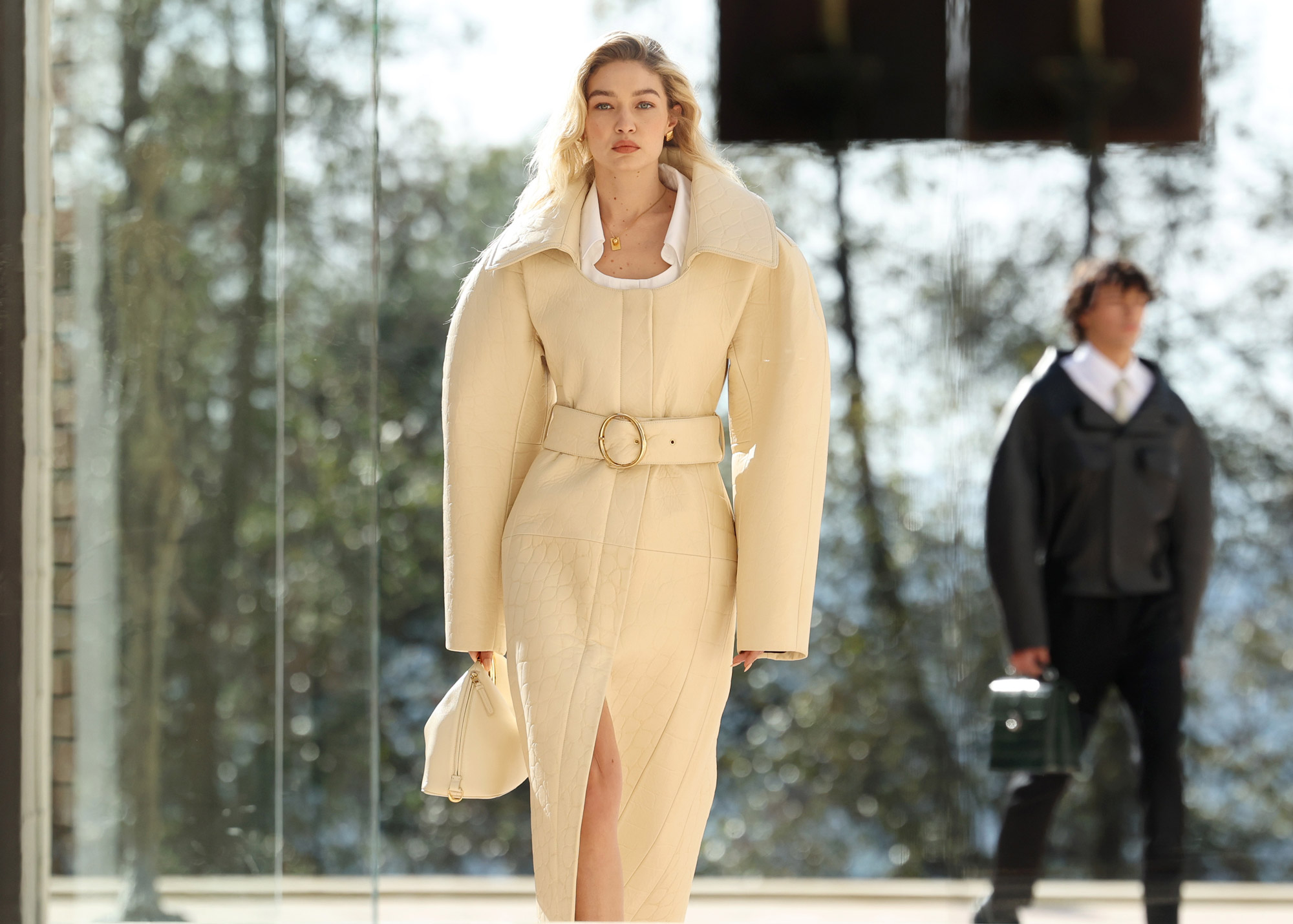
Bugatti: The Pinnacle of Hypercar Exclusivity
Founded by Ettore Bugatti in Molsheim, Alsace (France), in 1909, Bugatti has always been synonymous with extreme performance, unparalleled luxury, and exquisite artistry. After various periods of dormancy and revival, the brand was acquired by the Volkswagen Group in 1998 and is now part of Bugatti Rimac. While its ownership structure has evolved, its spiritual home and core identity remain deeply French.
- Philosophy: Bugatti’s motto, "Art, Forme, Technique," perfectly encapsulates its approach. Each vehicle is a masterpiece of engineering and design, pushing the boundaries of speed and luxury while retaining an artistic sensibility. They are ultra-exclusive, hand-built machines for the world’s most discerning collectors.
- Design Language: Instantly recognizable, Bugatti designs blend historic cues (like the horseshoe grille and C-line profile) with futuristic aerodynamics. Every curve and vent serves a functional purpose, yet contributes to an overwhelming sense of beauty and power.
- Key Models:
- Veyron: The car that redefined the hypercar segment in the early 2000s, breaking the 400 km/h barrier.
- Chiron: The successor to the Veyron, taking performance and luxury to even greater heights with its W16 engine and blistering acceleration.
- Divo, Centodieci, La Voiture Noire, Bolide: Highly limited-edition, bespoke variants of the Chiron platform, each pushing specific aspects of performance or design to their absolute limits, often fetching multi-million-euro price tags.
- Unmatched Performance: Bugatti cars are defined by their quad-turbocharged W16 engines, delivering immense horsepower and torque, enabling speeds that few other road cars can achieve. This extreme performance is coupled with a surprising level of comfort and refinement for vehicles of their capability.
Alpine: The Rebirth of a Lightweight Sports Car Legend
Alpine, originally founded by Jean Rédélé in 1955, gained fame for its lightweight, agile sports cars, particularly the iconic A110. After a hiatus, Renault revived the brand in 2017, positioning it as a distinct luxury sports car manufacturer focused on driving purity and French elegance.
- Philosophy: Alpine’s ethos is "Lightness, Agility, Performance." Unlike many modern sports cars that rely on brute force, Alpine emphasizes a low kerb weight, precise handling, and an immersive driving experience. It’s about driver engagement and the joy of the open road.
- Design Language: The modern A110 faithfully reinterprets the classic, with its sleek, compact profile, distinctive quad headlights, and flowing lines. It’s a design that prioritizes aerodynamics and visual dynamism while remaining undeniably French.
- Key Models:
- Alpine A110: The cornerstone of the revived brand. A mid-engined, two-seater sports coupe available in various trims (Pure, Légende, GT, R) offering different balances of track focus and touring comfort. It’s lauded for its superb chassis, communicative steering, and engaging dynamics.
- Motorsports Heritage: Alpine has a rich history in rallying and endurance racing, which continues to influence its road cars and its current involvement in Formula 1. This racing DNA ensures that performance and handling are at the core of the brand.
The Evolution and Future of French Luxury Cars
The French luxury automotive landscape is in a dynamic phase of evolution. While Bugatti continues its reign in the hypercar segment, DS Automobiles and Alpine are carving out new niches, embracing modern trends while staying true to their heritage.
- Electrification: All French luxury brands are heavily investing in electrification. DS Automobiles already offers a range of plug-in hybrids and is committed to being fully electric in the coming years. Alpine is also transitioning to an all-electric lineup, promising electric sports cars that retain the brand’s core values of lightness and agility. Bugatti’s future under Rimac also points towards hybrid and potentially full-electric hypercars.
- Sustainability and Responsible Luxury: There’s a growing emphasis on sustainable practices, from manufacturing processes to the use of recycled or ethically sourced materials in interiors. French luxury brands are aligning with global demands for more environmentally conscious luxury.
- Connectivity and Autonomy: Advanced infotainment systems, seamless smartphone integration, and sophisticated driver-assistance technologies are standard. While full autonomy is still some way off, French luxury cars are incorporating features that enhance safety and reduce driver fatigue.
- Personalization and Bespoke Offerings: Recognizing the desire for exclusivity, brands like DS and Bugatti offer extensive personalization options, allowing customers to tailor their vehicles to their exact specifications, from interior materials to unique paint finishes.
The future of French luxury cars promises a continuation of their unique blend of artistry and innovation, adapted for a new era of mobility. They aim to offer a luxury experience that is not just about opulent materials, but also about intelligent design, environmental consciousness, and a truly distinctive character.
Practical Advice for Prospective Owners
Considering a French luxury car? Here’s some practical advice to guide your decision:
- Define Your Priorities: Are you seeking ultimate performance (Bugatti), refined comfort and avant-garde design (DS), or agile sports car dynamics (Alpine)? Understanding your primary needs will narrow down your choices.
- Experience the Ride: French cars often have a distinct ride quality. A thorough test drive is crucial to appreciate the unique comfort, handling, and interior ambiance. Spend time exploring the infotainment and ergonomic layout.
- Research Maintenance and Service: While DS and Alpine benefit from their larger parent companies’ service networks, Bugatti requires highly specialized maintenance, often involving factory-trained technicians and significant costs. Understand the long-term ownership implications.
- Consider Resale Value: Bugatti hypercars typically appreciate in value due to their extreme rarity and exclusivity. DS Automobiles, being a newer luxury brand, is still establishing its long-term resale value, which may not match established German rivals initially. Alpine’s niche appeal also means its depreciation profile might differ from mass-market sports cars.
- Explore Customization Options: French luxury brands excel at offering personalization. If you desire a truly unique vehicle, inquire about bespoke interior materials, paint-to-sample options, and other individual touches.
- Understand the Brand Ethos: Each brand has a distinct personality. Buying a French luxury car is often about connecting with that ethos – whether it’s Bugatti’s artistic performance, DS’s Parisian chic, or Alpine’s pure driving joy.
Challenges and Opportunities
French luxury car brands face a competitive global landscape dominated by well-established German, British, and Italian marques.
- Challenges:
- Brand Perception: For DS, establishing itself as a true luxury competitor against brands with decades of luxury heritage is an ongoing challenge.
- Volume vs. Exclusivity: Balancing the need for sales volumes (for DS and Alpine) with maintaining an aura of exclusivity can be tricky.
- Global Reach: Expanding their presence in key luxury markets beyond Europe, particularly in North America and Asia, requires significant investment and strategic marketing.
- Opportunities:
- Distinctive Identity: Their unique design language and focus on comfort and artistry provide a strong differentiator from more conventional luxury offerings.
- Electrification: The shift to electric vehicles presents a level playing field, allowing newer brands to innovate and establish themselves without being constrained by traditional engine architectures.
- Growing Demand for Unique Luxury: There’s a segment of affluent buyers seeking alternatives to the mainstream, desiring vehicles that reflect their individuality and appreciation for unconventional beauty and thoughtful engineering.
Pricing Table for French Luxury Car Brands (Estimated Starting Prices)
Please note that these are estimated starting prices for representative models and can vary significantly based on trim level, optional features, customization, market, and currency fluctuations. Bugatti’s prices are highly specific and often only disclosed to serious buyers for bespoke configurations.
| Brand | Representative Model(s) | Estimated Starting Price Range (EUR) | Key Characteristics |
|---|---|---|---|
| DS Automobiles | DS 7 | €45,000 – €65,000 | Avant-garde design, high comfort, premium materials |
| DS 9 | €55,000 – €75,000 | Flagship sedan, spacious, refined, plug-in hybrid focus | |
| DS 4 | €35,000 – €55,000 | Compact premium, bold design, advanced tech | |
| Bugatti | Chiron | €3,000,000+ | Ultimate hypercar, W16 engine, extreme exclusivity |
| Limited Editions (e.g., Divo, Centodieci, La Voiture Noire) | €5,000,000 – €16,000,000+ | Bespoke, ultra-rare, collector’s items | |
| Alpine | A110 | €65,000 – €85,000 | Lightweight sports car, agile handling, driving purity |
Note: Prices for Bugatti are highly exclusive and represent base figures before extensive customization. Limited edition models often sell for significantly higher sums.
Frequently Asked Questions (FAQ)
Q1: Are French cars truly luxurious, or just premium?
A1: Brands like DS Automobiles and Bugatti are unequivocally luxury. DS focuses on avant-garde design, meticulous craftsmanship, and high-tech comfort to create a distinctive luxury experience. Bugatti operates at the very pinnacle of the hypercar luxury segment. Alpine offers a luxury sports car experience, prioritizing driving purity and bespoke quality. While mainstream French brands like Peugeot and Renault offer premium trims (e.g., Initiale Paris, GT, PSE) that provide enhanced features and materials, they are not standalone luxury brands in the same vein as DS or Bugatti.
Q2: What makes French luxury cars different from German or Italian ones?
A2: French luxury emphasizes artistic design, unparalleled ride comfort, and a focus on "well-being" within the cabin. They often feature more unconventional styling, plush interiors with unique material combinations, and a generally softer, more compliant ride compared to the often stiffer, performance-oriented German counterparts, or the raw, emotional power of Italian sports cars.
Q3: Is Bugatti a French car brand, given its ownership history?
A3: Yes, Bugatti is fundamentally a French brand. While currently owned by Bugatti Rimac (a joint venture between Porsche and Rimac Automobili), its spiritual home, design ethos, and manufacturing facility remain in Molsheim, Alsace, France. The brand was founded by Ettore Bugatti in France and continues to embody French artistry and engineering excellence.
Q4: Is DS Automobiles a new luxury brand?
A4: DS Automobiles was officially launched as a standalone luxury brand in 2014 by Groupe PSA (now Stellantis). However, its heritage dates back to the iconic Citroën DS, first introduced in 1955, which was renowned for its revolutionary design and technology. So, while the independent brand is relatively new, it draws deeply from a rich legacy of French automotive innovation.
Q5: Are French luxury cars reliable?
A5: Like any modern luxury vehicle, reliability can vary by model and individual car. DS Automobiles, as part of Stellantis, benefits from established manufacturing processes and technologies shared across a large group. Alpine’s relative simplicity compared to other sports cars can contribute to reliability. Bugatti, while incredibly complex, are hand-built to extremely high standards and maintained by specialized teams. It’s always recommended to check specific model reviews and consumer reliability surveys.
Q6: Where can I buy a French luxury car?
A6: DS Automobiles has a growing network of "DS Stores" and "DS Salons" in key markets globally, particularly in Europe and Asia. Alpine has dedicated dealerships, often co-located with Renault showrooms in major cities. Bugatti hypercars are sold through a very limited number of authorized dealerships worldwide, often by appointment only.
Conclusion
French luxury car brands represent a captivating corner of the automotive world, offering a compelling alternative to the more conventional luxury offerings. They are a testament to France’s enduring commitment to artistic expression, innovative engineering, and the pursuit of comfort and refinement. From the hyper-exclusive, boundary-pushing performance of Bugatti to the avant-garde elegance and serene comfort of DS Automobiles, and the pure, agile driving pleasure of Alpine, these brands tell a unique story.
As the industry moves towards an electrified and more connected future, French luxury cars are poised to redefine what luxury means, blending cutting-edge technology with their distinctive savoir-faire. For those who seek not just a mode of transport, but a rolling piece of art, a sanctuary of comfort, or an exhilarating driving companion, the allure of French luxury car brands remains as strong and unique as ever.



